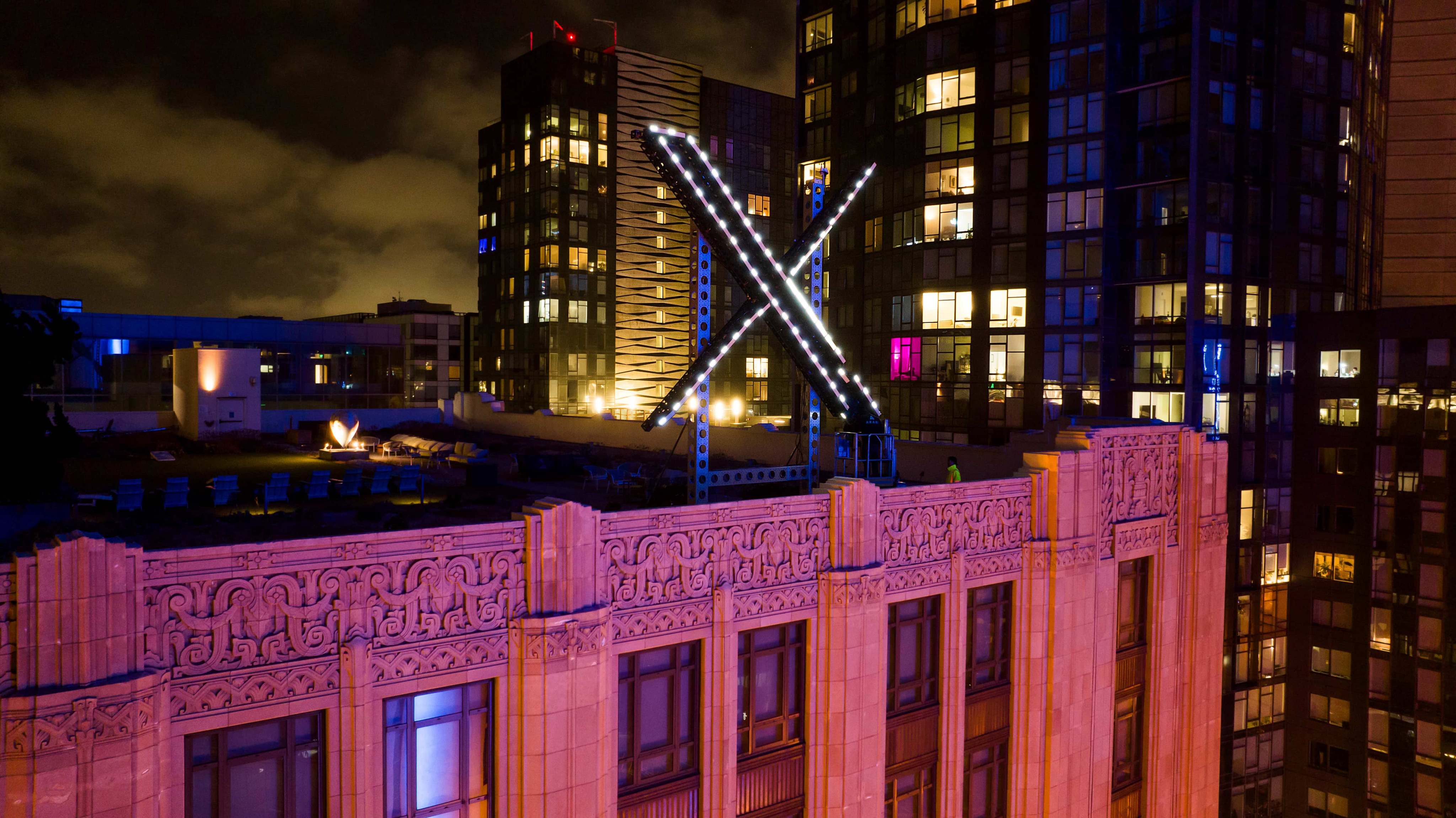9th Circuit: Provisions of California’s content-moderation law violate First Amendment

A federal appeals court in California has blocked the state from enforcing a law that requires large social media platforms to report how they moderate especially controversial categories of speech, finding that certain provisions of the law violate the First Amendment.
In its decision last Wednesday, a three-judge panel of the U.S. Court of Appeals for the Ninth Circuit reversed a lower-court ruling that denied X Corp.’s motion to prevent the state of California from enforcing a law passed in 2022 that forces social media companies to provide the state attorney general information about whether and how they moderate controversial categories of expression, including hate speech, extremism, and disinformation or misinformation.
“The government reasonably has an interest in transparency by social media platforms,” Judge Milan D. Smith, Jr. wrote in the panel’s opinion. “But even ‘undeniably admirable goals’ ‘must yield’ when they ‘collide with the … Constitution.’”
The Reporters Committee for Freedom of the Press had filed a friend-of-the-court brief urging that result, highlighting the danger that a ruling in California’s favor would also pose to the editorial independence of the press. New York, for instance, has adopted similar disclosure mandates that would also sweep in the websites of news organizations; a First Amendment challenge to that statute is pending in the U.S. Court of Appeals for the Second Circuit.
The California case — X Corp. v. Bonta — concerns A.B. 587, a bill that California Gov. Gavin Newsom signed into law two years ago. The law’s supporters argue that its transparency provisions will help combat hate speech, disinformation and misinformation, and other harmful online content. As Newsom said, “Californians deserve to know how these platforms are impacting our public discourse, and this action brings much-needed transparency and accountability to the policies that shape the social media content we consume every day.”
Last year, X Corp. sued California Attorney General Rob Bonta, alleging that the law is unconstitutional. But the U.S. District Court for the Eastern District of California denied the social media platform’s request for a preliminary injunction that would prevent the state from enforcing the law, holding that the law does not violate the company’s First Amendment rights.
After X Corp. appealed to the U.S. Court of Appeals for the Ninth Circuit, the Reporters Committee filed a friend-of-the-court brief in support of the social media platform. The Reporters Committee emphasized in the brief that the First Amendment forbids governmental interference in editorial decisionmaking.
“Compelling speakers to disclose or alter their editorial standards … burdens fully protected expression twice over: by discouraging the publication of speech that the mandate makes costlier or riskier to distribute, and by interfering with a speaker or publisher’s freedom to articulate its editorial practices on its own terms,” the Reporters Committee argued.
Judge Anthony Johnstone echoed that concern at oral argument, pressing the state to answer whether California believed it could force “the San Francisco Chronicle’s op-ed page” to explain “how they’re planning to address ideological balance.”
In addition to ordering the district court to enter a preliminary injunction blocking the core reporting provisions of the law, the Ninth Circuit asked the lower court to determine whether its remaining provisions should also be blocked.
“The Ninth Circuit’s decision underlines that the government has no legitimate role in policing how private speakers decide which speech is fit to share with their audiences — one of the core constitutional principles on which the news media depends,” said Reporters Committee Staff Attorney Grayson Clary.